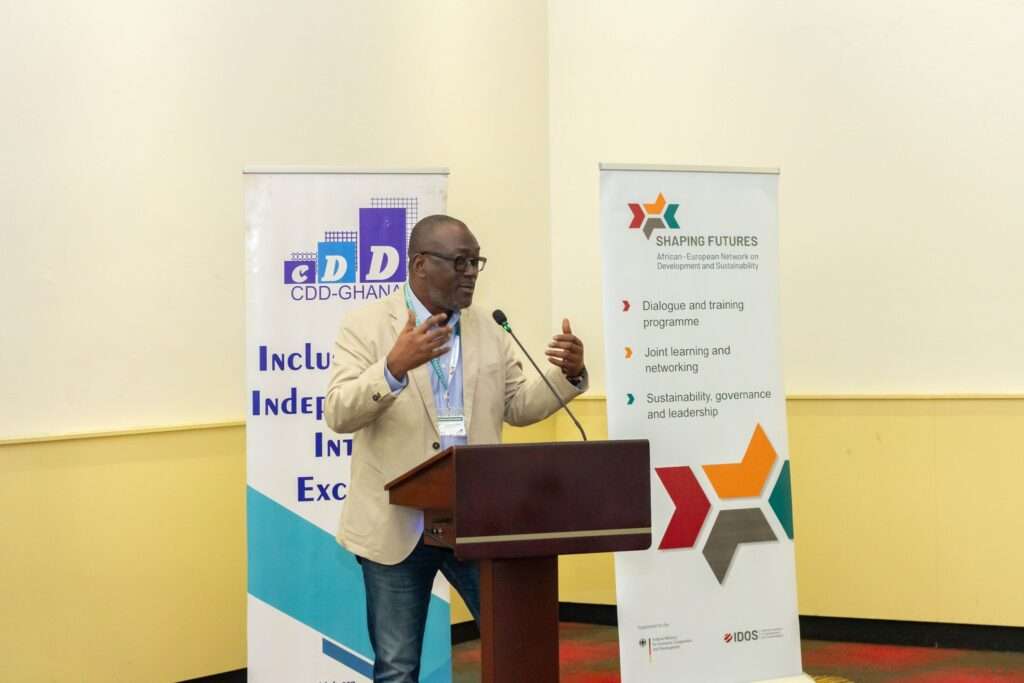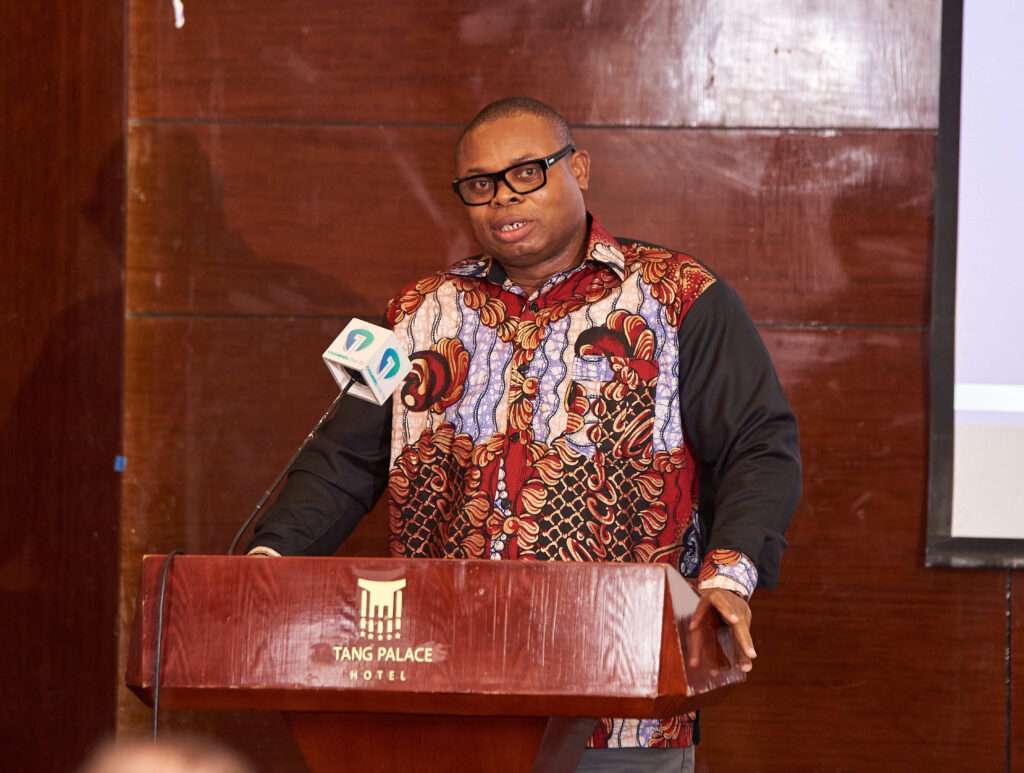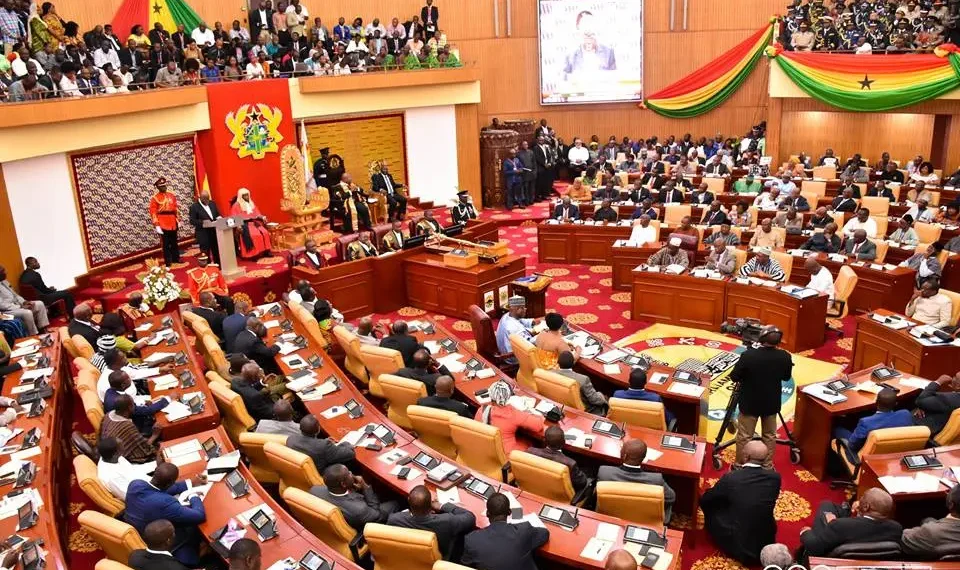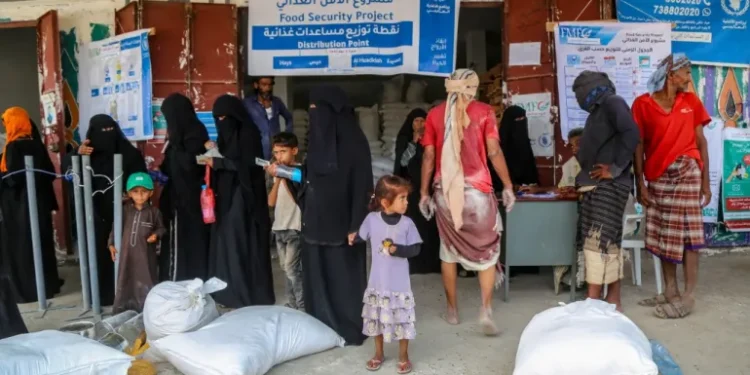The heart of a democracy lies in its promise of transparency and accountability. Yet, Ghana’s Parliament has opted for opacity in deliberating the controversial emoluments and ex gratia payments for Article 71 officeholders.
The current compensation arrangements for Article 71 officeholders—enshrined in Ghana’s 1992 Constitution—remain very contentious. These officeholders, including executive, judiciary, and legislature members, receive salaries pegged to predetermined rates throughout their tenure.
They are entitled to receive ex gratia payments at the end of every four years, calculated based on a specific formula approved by Parliament and the executive.
Many activists believe this framework perpetuates a mutually beneficial system in which Parliament approves emoluments for the executive and judiciary while, in contrast, the executive reciprocates by approving benefits for Members of Parliament, the Speaker, and Deputy Speakers.
The recent closed-door session to decide the compensation packages for these leaders, including members of the executive and judiciary, raises critical questions about the integrity of Ghana’s democratic principles.
Professor H. Kwesi Prempeh, Executive Director of the Centre for Democratic Development, did not mince words in his critique of this secretive process.
“How exactly do you conduct the people’s business in the people’s chamber, notably in the matter of the compensation package for the people’s elected and appointed leaders, in camera and still pass for a democracy?”
Professor H. Kwesi Prempeh, Executive Director for the Centre for Democratic Development (CDD-Ghana)
To Professor Prempeh, this opaque process exemplifies the disconnect between Ghana’s democratic brand and its democratic product—a disheartening gap that reduces the promise of governance beyond elections to a mere “bad joke”.

Franklin Cudjoe, Founding President of the IMANI Centre for Policy and Education, also delivered a scathing rebuke.
“So Parliament is discussing ex-gratia for Article 71 holders behind closed doors? They had better remind themselves that almost all the recipients performed abysmally- recklessly borrowed us into a debt iceberg, junked our economy and rendered close to a million Ghanaians into shackling penury and deep poverty”.
Franklin Cudjoe, Founding President and Chief Executive Officer of the IMNAI Centre for Policy and Education
In his view, it is untenable for leaders who scored a woeful 38% in the recent national elections to walk away with generous ex gratia payments.
Mr Cudjoe strongly called for legislative reform to deny emoluments to underperforming politicians underscoring the need for a meritocratic approach to governance rewards.
A Flawed Process in a Flailing Economy
The context in which these decisions are made cannot be ignored. Ghana’s economy is teetering on the brink of collapse, with skyrocketing debt levels and widespread financial distress.
Citizens are grappling with inflation, unemployment, and deteriorating public services. Yet, the political class appears more concerned with securing its financial future than with addressing the electorate’s pressing needs.
As Franklin Cudjoe aptly noted, the concept of ex gratia for underperforming leaders is antithetical to accountability. He called for a paradigm shift in how political rewards are structured, urging the enactment of laws that deny emoluments to leaders who fail to meet basic governance benchmarks.

Mr Cudjoe’s sentiments echo the frustration of many Ghanaians, who view ex gratia payments as a symbol of elite capture and state exploitation.
He expressed hopes in President-Elect John Dramani Mahama’s pledge to abolish ex gratia payments ahead of the 2024 general election, reminding the President-Elect of the critical need to fulfil his promise.
His promise taps into a growing demand for reform and raises the stakes for future political campaigns. However, the feasibility of such a reform remains uncertain, given the entrenched interests that benefit from the current system.
As earlier pointed out by Professor Prempeh and Franklin Cudjoe the current process underscores the gulf between Ghana’s democratic aspirations and its realities.
To bridge this gap, there must be a concerted effort to reform the constitutional framework governing Article 71 emoluments. Transparency, accountability, and meritocracy must replace secrecy, impunity, and entitlement.
READ ALSO: ICC Tribunal Rejects $320M Tax Claim on Tullow Ghana























